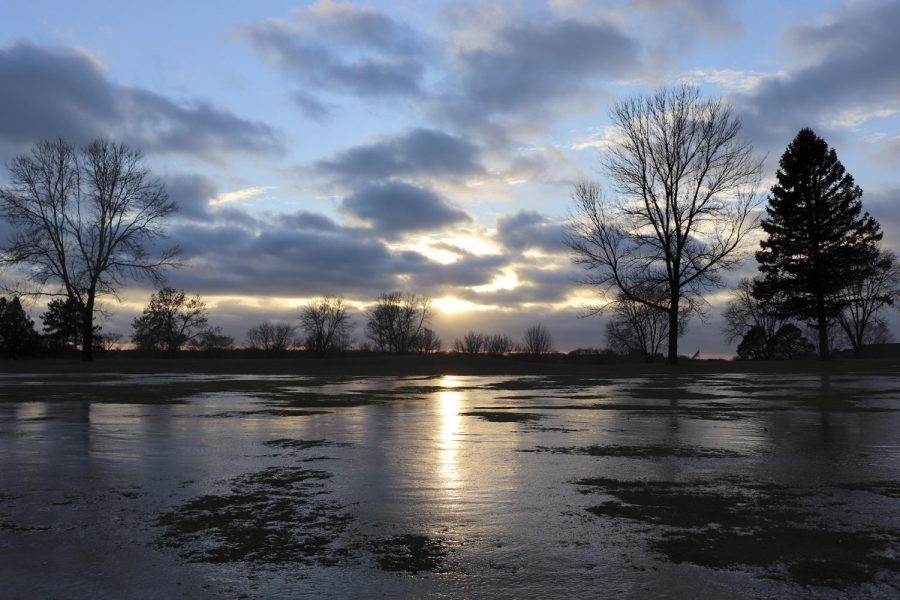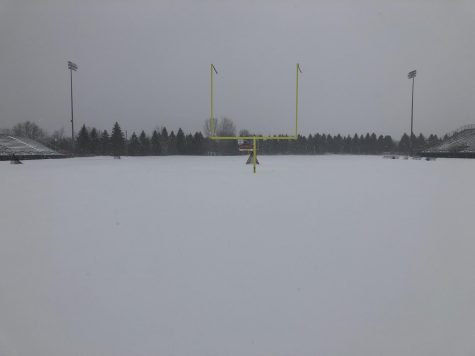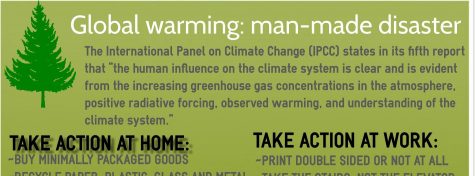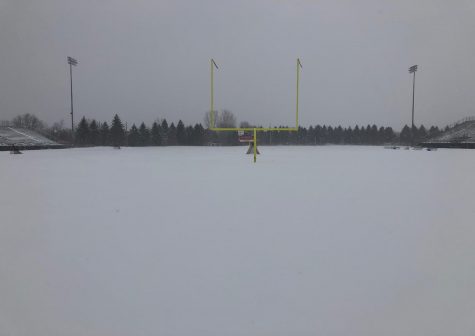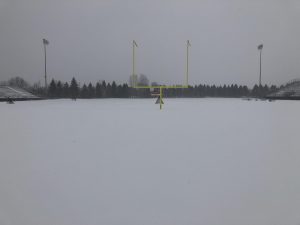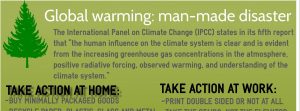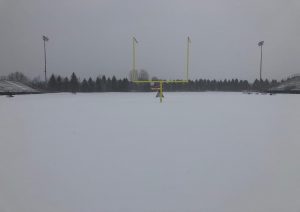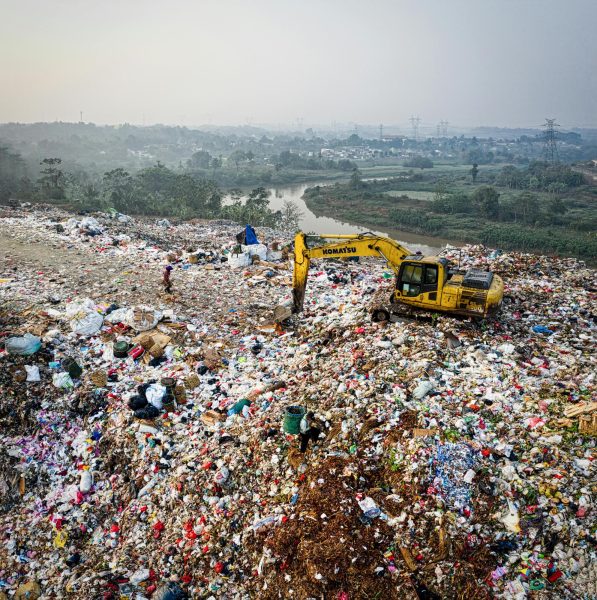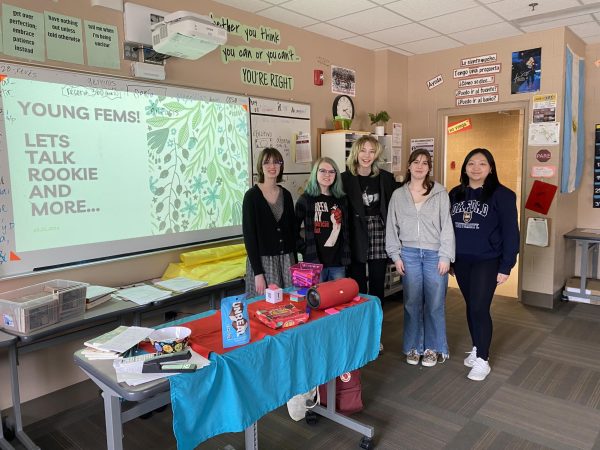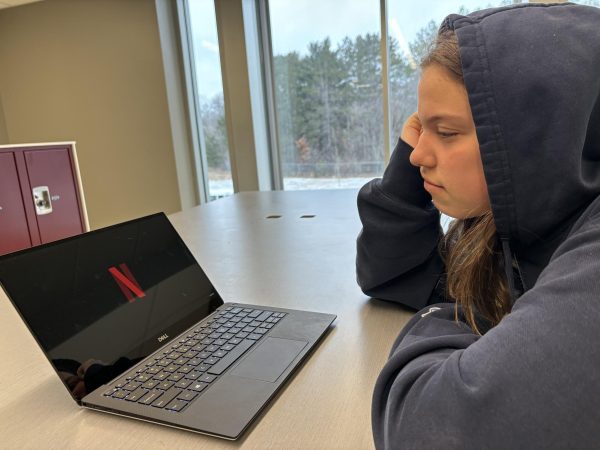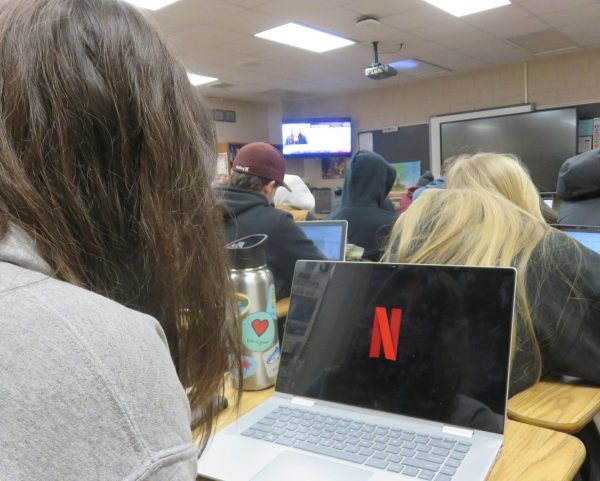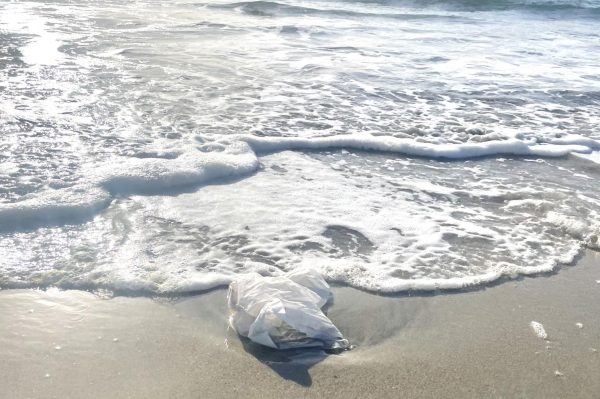Minnesota winters change due to climate change
January 25, 2019
Over the years, Minnesota winters have differentiated due to mild changes within our Earth’s climate.
“I certainly remember different winters when I was growing up,” biology teacher Benjamin Straka said. “The winter’s my kids are going through are different than the winters that I remember as a kid.”
Minnesota winters have been getting warmer throughout the years and have not been as intense compared to previous winters in the past.
“There is a lot of moisture in the air and that changes all the weather patterns,” biology teacher Stacy Bartlett said.
The changes in weather patterns is a cause of climate change.
“I think it is one of the biggest problems that our world faces today,” Straka said. “We’ve created a world in which it is okay to expel fossil fuels and think that they have zero effect on the planet as a whole.”
Fossil fuel use has become a major issue to the environment and has helped lead to one of the largest problems the Earth is facing today. Fossil fuels are non-renewable energy sources that produce large amounts of greenhouse gases that are extremely harmful to the earth’s environment. They cause heat to build up and float around in the Earth’s atmosphere which has led to the melting of glaciers.
“Some glaciers are receding so quickly, that you see them right now and in 10 years from now they’re going to be totally different, different in size and different scope,” Straka said.
Not only is the heating from fossil fuels affecting the glaciers, it is also causing the oceans temperatures to increase and become warmer.
“Carbon dioxide from the air gets into the ocean, and that also causes the ocean temperature to rise, which then causes more melting,” Bartlett said. “It’s this whole feedback, as the temperatures rise we have more melting, as we have more melting than the sea level rises, as the sea level rises it changes the tides. That’s the thing with science, you can’t do one thing and have it not affect anything else, because it’s all connected.”
With the temperatures and climates changing, agricultural lands for crop growing also have to change their way of farming.
You also have to shift how you survive. That means shifting agriculture.
— Benjamin Straka
Straka said. “That’s expensive. It sometimes is not doable depending on what kind of land use you have in the area too.”
Today’s researchers are trying to push for awareness about climate change and how it is currently affecting our environment and what it could do in the future. If we as humans want to change the problem we have created, as a whole we will have to transform our ways of living to make it more beneficial for the environment. If a vast majority of the population is not in agreement to prevent drastic changes in our environment, than preventing it will become more difficult.
“We created the problem with a ‘me first’ society and now we have to fight it with a global society to reverse the effects of it,” Straka said, “meaning that everybody has to have some sort of hand in it.”
Another concern for our Earth’s environment is the usage of plastics and other garbage being thrown out either into oceans or underground where it takes years and years to finally degrade.
“We’re destroying our oceans and we’re destroying our lands by putting the trash out there that doesn’t go away, plastic being the main one,” Straka said.
Without the knowledge and awareness towards climate change that researchers are trying to show people, Minnesota winters will continue to change and our environment will continue to worsen.
“We all kind of live in the moment and that moment is sneaking up on us really quickly,” Bartlett said.


